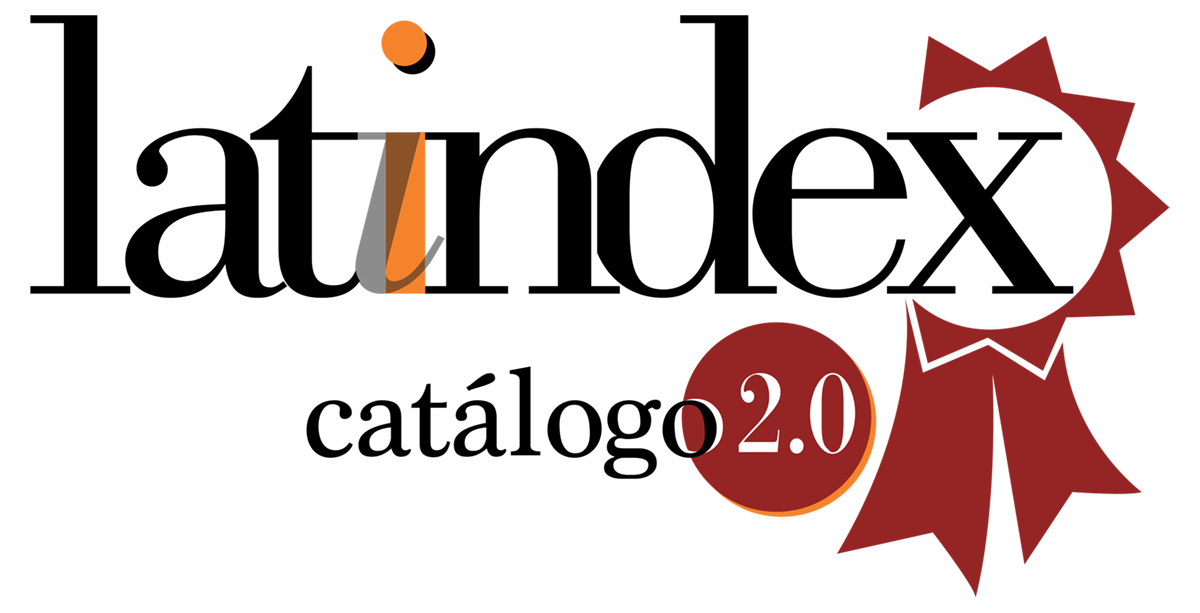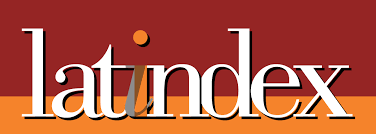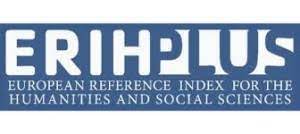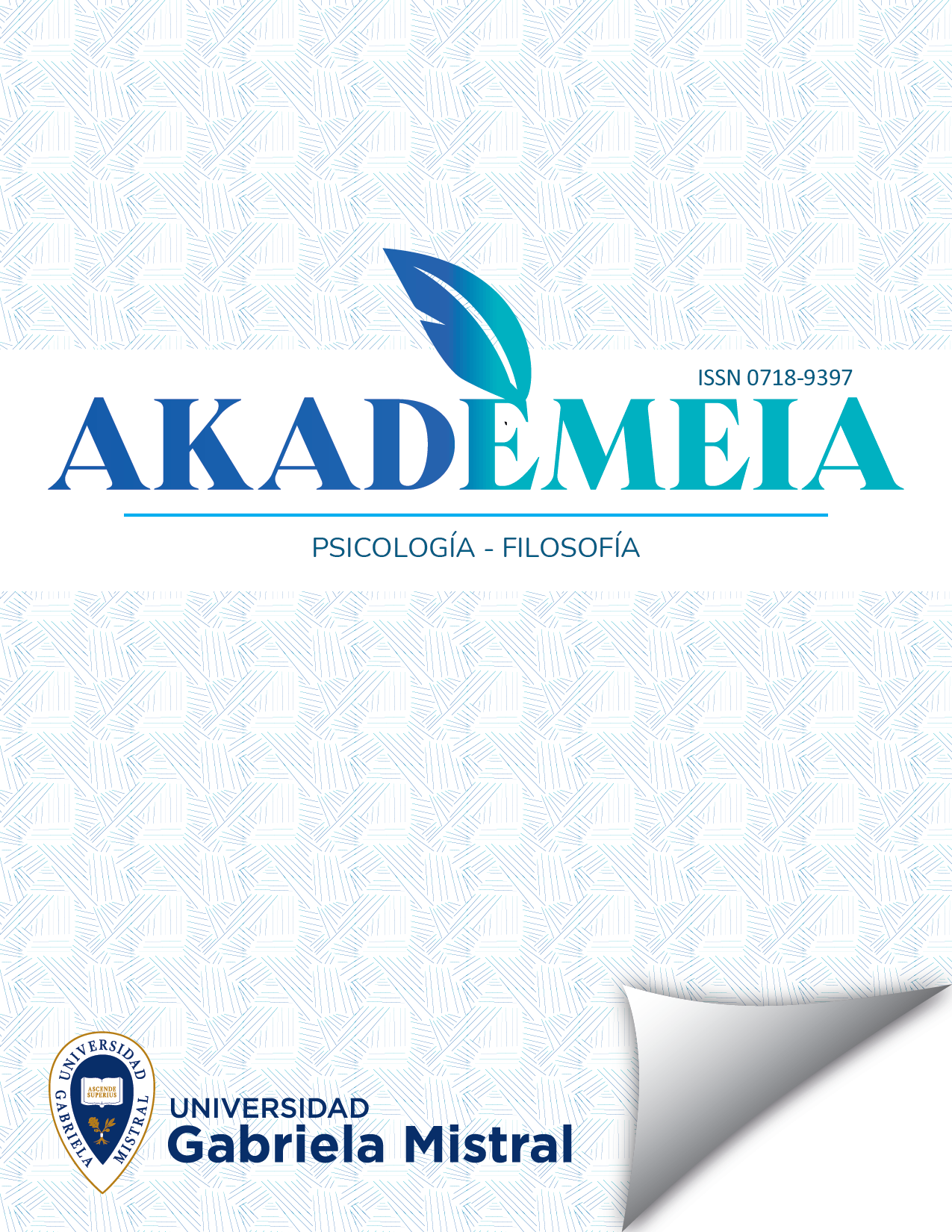The The psychopathology of affective life from the phenomenological and enactive perspective of Thomas Fuchs
DOI:
https://doi.org/10.61144/0718-9397.2023.506Abstract
This article presents the phenomenological and enactive perspective of psychiatrist and philosopher Thomas Fuchs, which considers mental illnesses as disturbances of the being-in-the-world. The author moves away from the belief that affective life is solely in our head and instead understands it as a phenomenon that emerges in the relationship between the self, body, and world. Examples of pathological experiences of affectivity, such as depression and alexithymia, will be reviewed. Finally, we consider that this perspective has important implications for the treatment of mental illness, as it provides the basis for an ecological therapeutic approach.
Keywords: Thomas Fuchs, Phenomenology, Enactivism, Psychopathology, Affectivity.
How to Cite
License
Copyright (c) 2023 Akadémeia Magazine

This work is licensed under a Creative Commons Attribution-NonCommercial-NoDerivatives 4.0 International License.
Los autores/as conservarán sus derechos de autor y garantizarán a la revista el derecho de primera publicación de su obra, el cual estará simultáneamente sujeto a la Licencia de reconocimiento de Creative Commons (CC BY-NC-ND) 4.0 que permite a terceros compartir la obra siempre que se indique su autor y se comparta el documento, en formato pdf y con la paginación del número original, a través del que este ha sido publicado por la revista. Siguiendo las definiciones establecidas por la licencia (ver: https://creativecommons.org/licenses/by-nc-nd/4.0/deed.es) los números de la revistas seguirán los siguientes términos:
-
Atribución — Usted debe dar crédito de manera adecuada, brindar un enlace a la licencia, e indicar si se han realizado cambios. Puede hacerlo en cualquier forma razonable, pero no de forma tal que sugiera que usted o su uso tienen el apoyo de la licenciante.
-
No Comercial — Usted no puede hacer uso del material con propósitos comerciales.
-
Sin Derivadas — Si remezcla, transforma o crea a partir del material, no podrá distribuir el material modificado.
- No hay restricciones adicionales — No puede aplicar términos legales ni medidas tecnológicas que restrinjan legalmente a otras a hacer cualquier uso permitido por la licencia.












